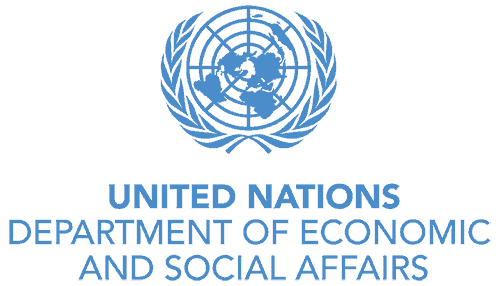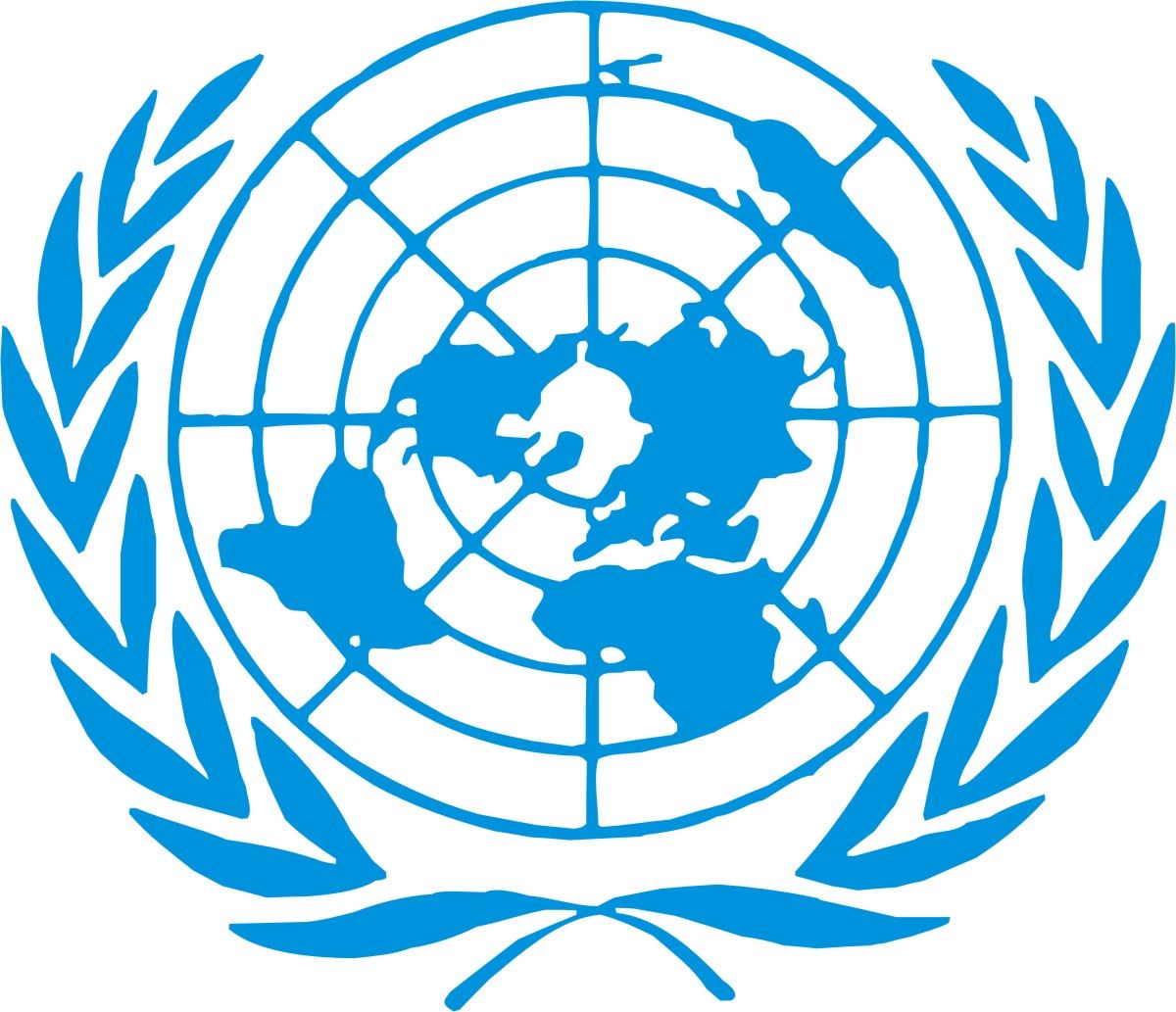Location
The United Nations Economic and Social Council (ECOSOC; French: Conseil économique et social des Nations unies, CESNU) is one of the six principal organs of the United Nations, responsible for coordinating the economic and social fields of the organisation, specifically in regards to the 15 specialised agencies, the eight functional commissions and the five regional commissions under its jurisdiction.
The Council serves as the central forum for discussing international economic and social issues and formulating policy recommendations addressed to member states and the United Nations system. A number of non-governmental organisations have been granted consultative status to the Council to participate in the work of the United Nations.
Members:
Resources
Displaying 166 - 170 of 224Proposals for inter-regional agricultural planning in Africa
This document deals about the Proposals for inter-regional agricultural planning in Africa.
Propositions relatives à la planification agricole interrégionale en Afrique
Ce rapport parle à propos des propositions relatives à la planification agricole interrégional en Afrique.
La planification agricole dans les pays en voie de développement et, plus particulièrement, dans les pays d'Afrique : suggestions
Planificateur et ministres ont la délicate d'établir un ordre de priorités en comparant l’importance respective des objectifs et établissent entre eux un équilibre.
Technical assistance in agricultural statistics : (note submitted by the United Nations Food and Agriculture Organization)
During the past two years, FAO provided assistance to requesting countries in the form of agricultural statisticians and census experts to about 20 African countries for assisting with the planning and conduct of agricultural surveys, the organization of agricultural statistical services, the establishment of systems of compiling current agricultural statistics and the training of local personnel.
Suggestions for agricultural planning in developing countries, particularly in Africa
Another basic feature of agricultural planning is the Organization of an agricultural statistical service with the help of the local authorities. Thus it is necessary to organize not only the collection of statistical data regarding crops, but also to make periodical inventories of the types of soil available, the crops for which they can be used, of water and meteorological data, of data on products, income, employment, coefficients of capital, labour productivity, price indices, income and price elasticities of demand, costs, internal and external markets.



